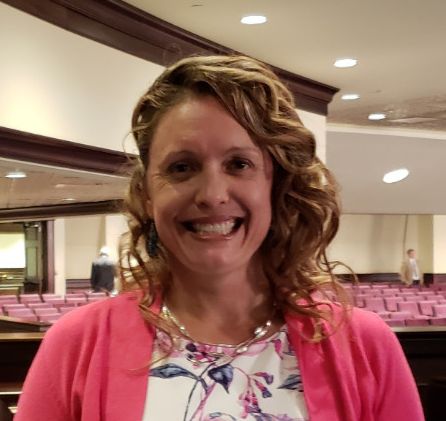Christy Wolfe
, Wed 1 April 2020
Have you ever been in that unique situation? You know the one to which I am referring! You have made a secret decision to go back and further your education, even with your crazy schedule, never thinking you would get accepted! That day comes and you open your email to the words… “Congratulations on your Acceptance into Graduate School!” It is at that moment you wish to have a mentor. Someone who can encourage you, take you under their wing and help you learn new skills.
Mentors can help mentees in several different ways. First off, they can reach out and connect with them because they were on that same path only earlier (furthering their education). They may be in their classes at school and encourage them in a subject in which they are struggling. Secondly, they can reach out and connect with them on LinkedIn; helping them build and/or strengthen their resume and helping them build their network by introducing them to other professionals in the network or tagging them in various posts/events to bring the spotlight on the mentee.
A major advantage to having a mentor is by helping the mentee in preparing for job interviews by giving mock interviews, helping them nail that interview, improving their interviewing skills, gaining confidence, and giving tips which might mean the difference between a job offer or not. Mentors can also give emotional as well as professional support. Many times, even with the best education, grades, and training, professional job offers are difficult to obtain. For an individual to excel in graduate school and still not be able to acquire that coveted position can be devastating. Too many “we have decided to move in a different direction…” type letters can cause the newly graduate student or current “almost graduated graduate student,” to rethink their career path and all those student loans. Mentors have been there, done that, and many times have answers for those questions that are extremely difficult to answer.
Lastly, a mentor can be a friend. Someone to answer the tough questions, “am I in the right field,” “am I not dressing appropriately,” “am I too eager,” all good questions, real feelings, and many times, only a friend can help give that necessary answer. Mentorship is an important part of today’s professional and academic community – it takes time, commitment and a giving of oneself, but in the end, it is well worth the investment.
Always remember “What it is like on the other side of the desk.”
